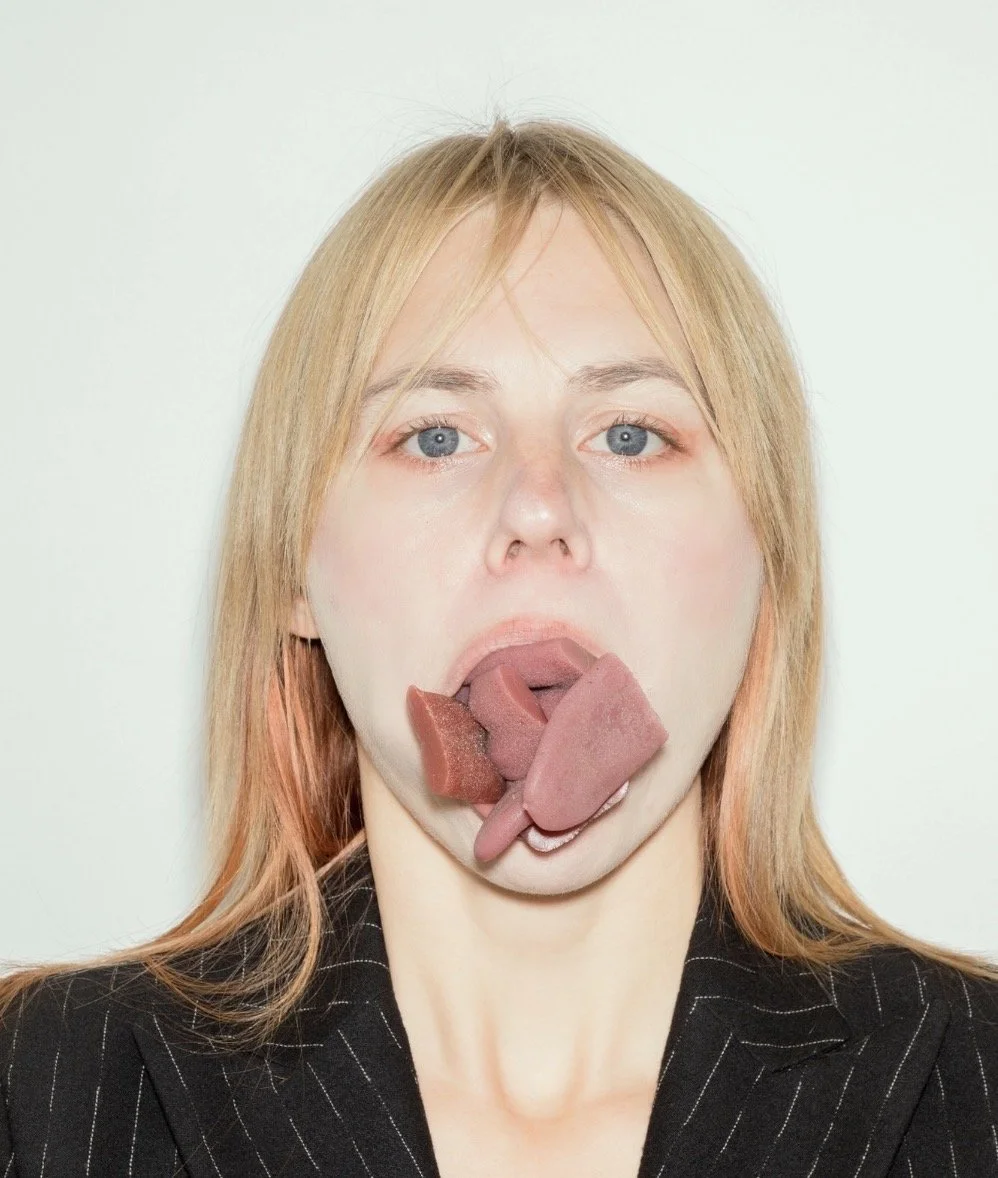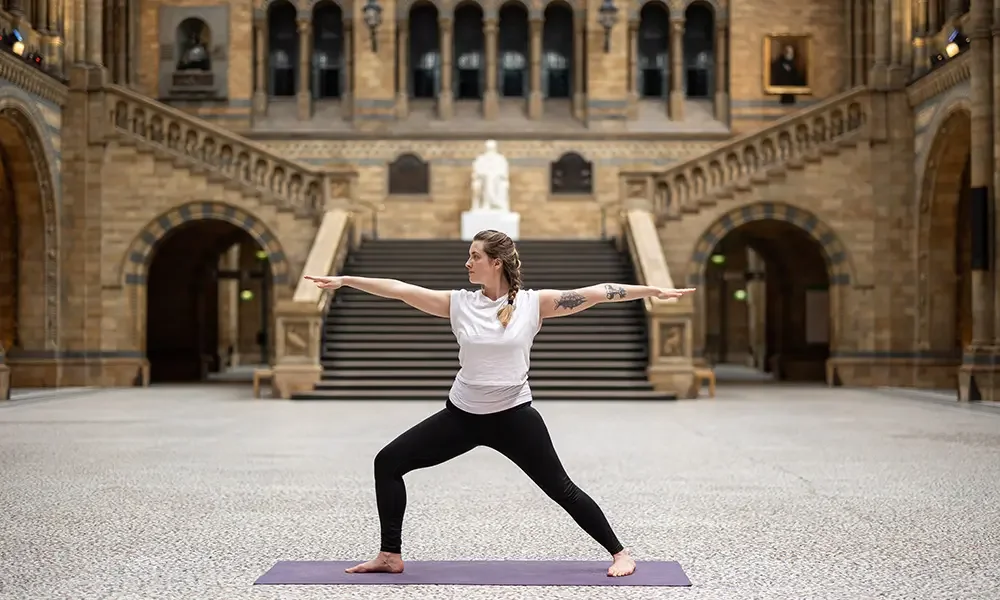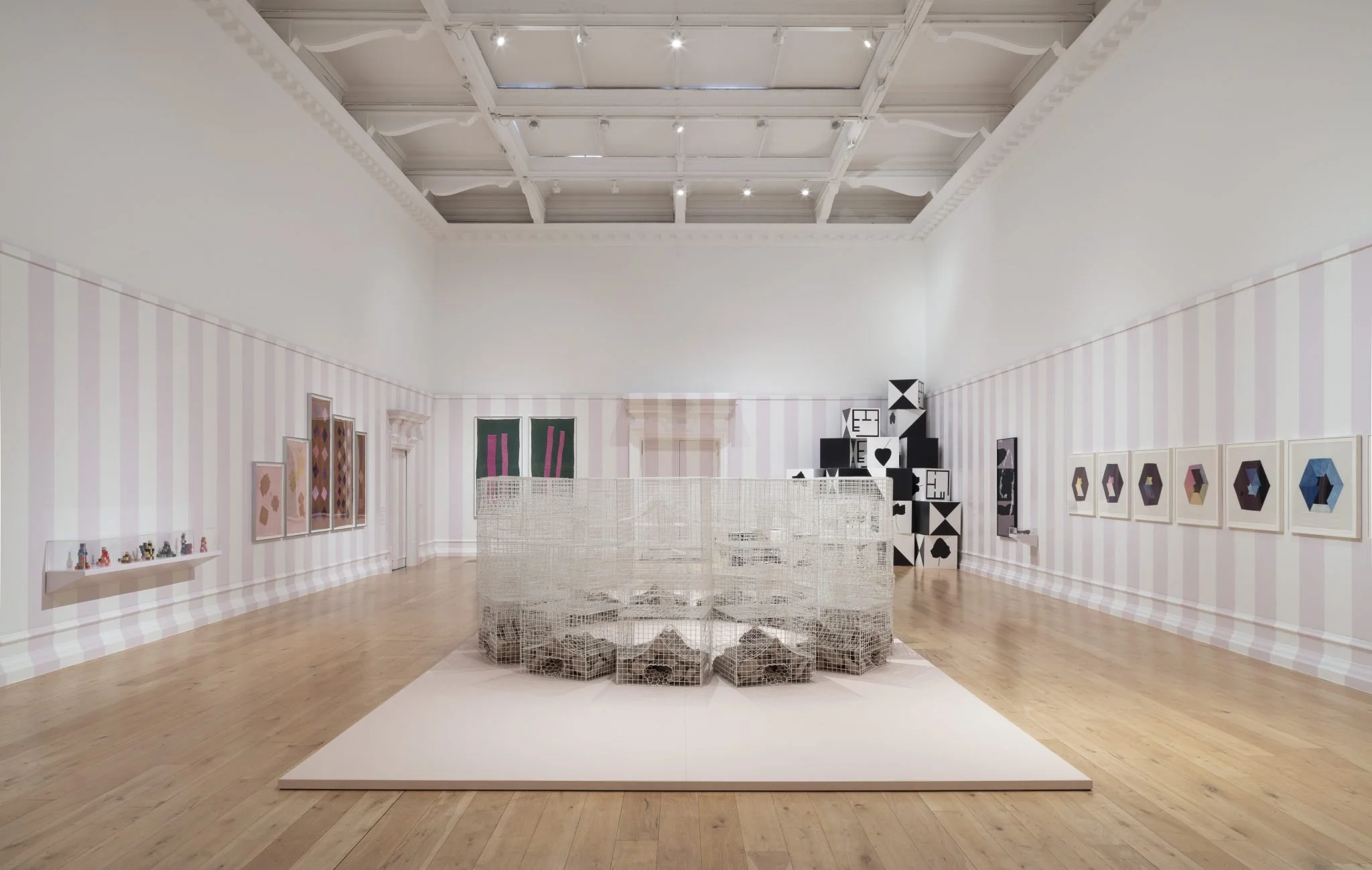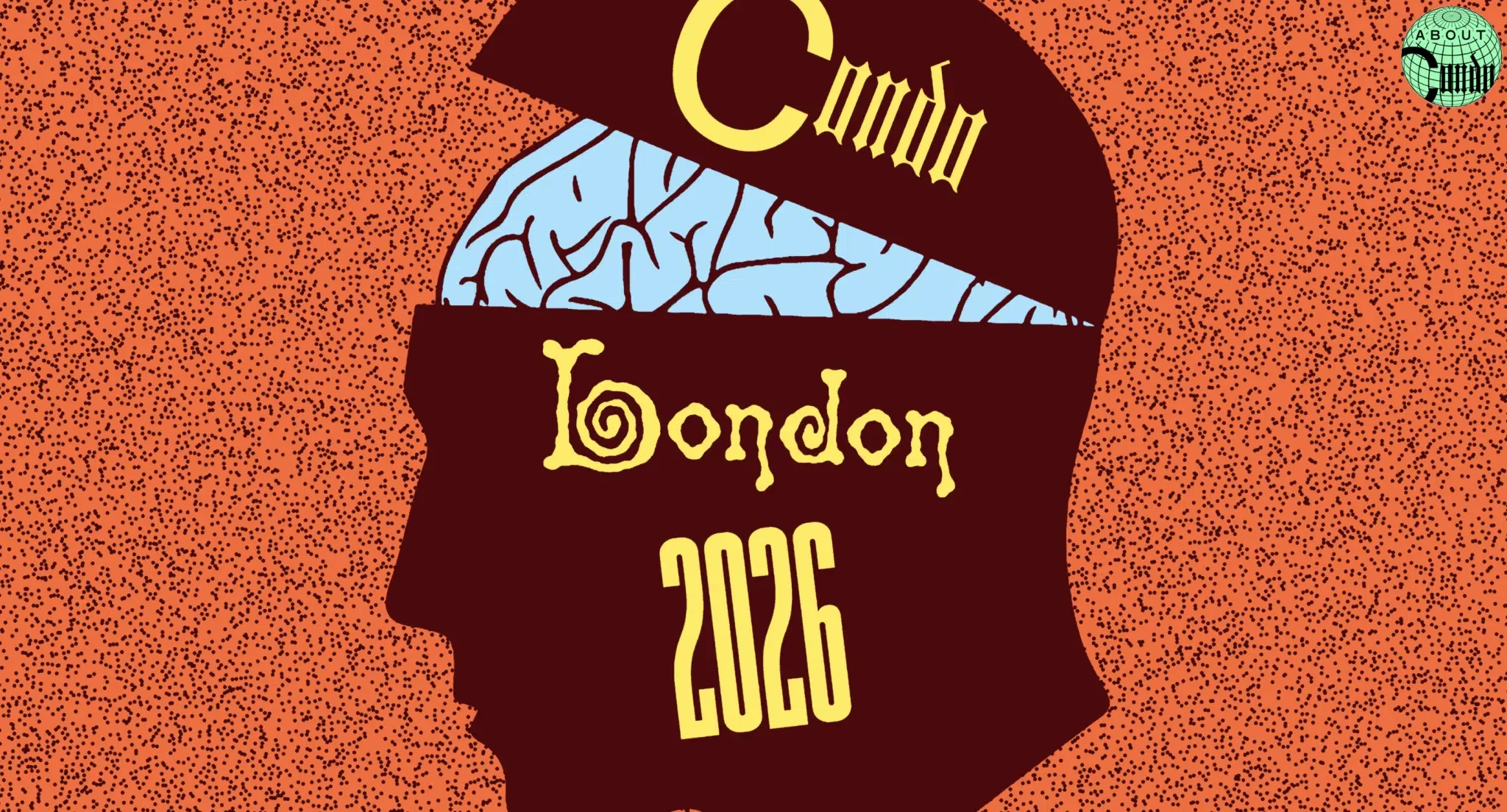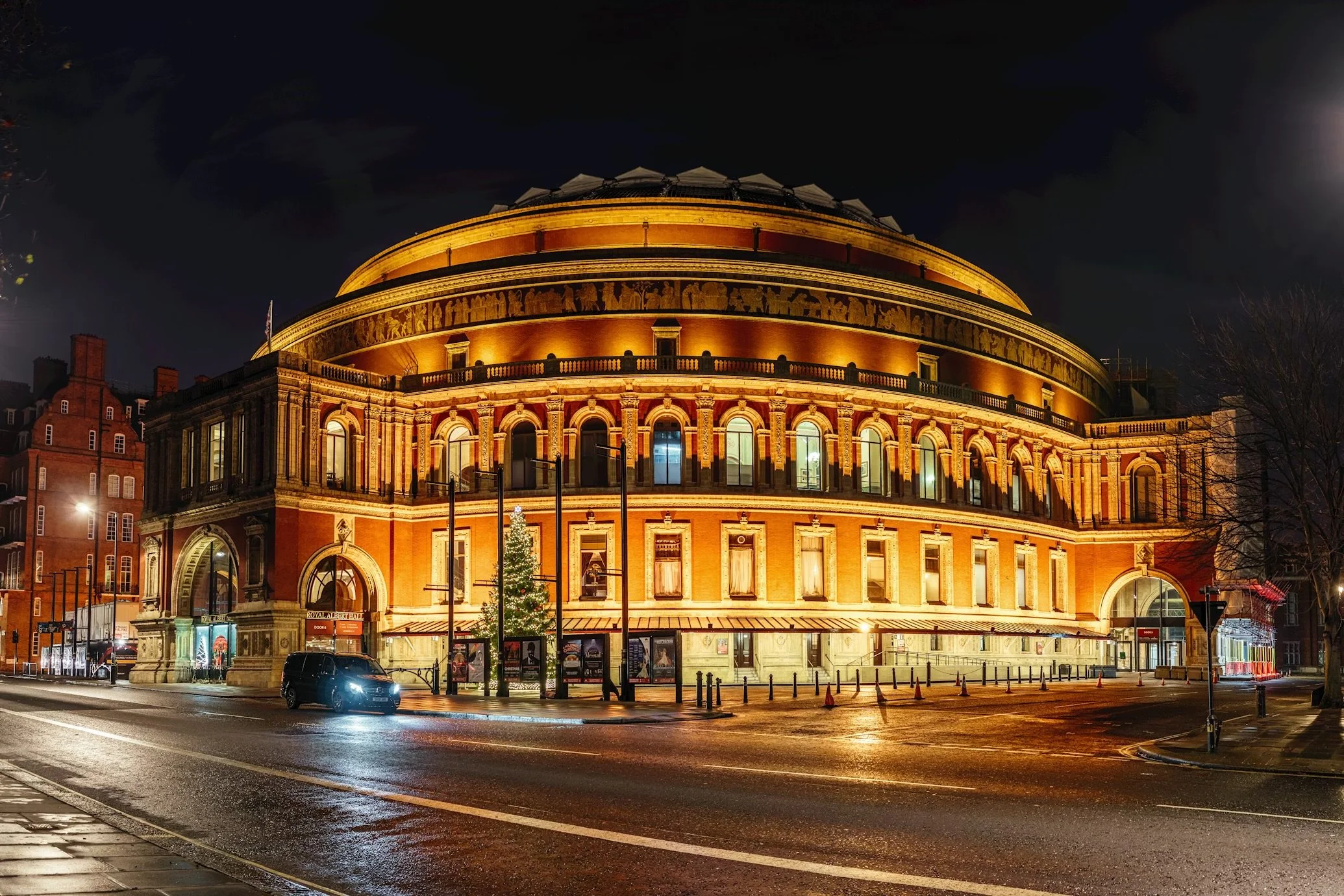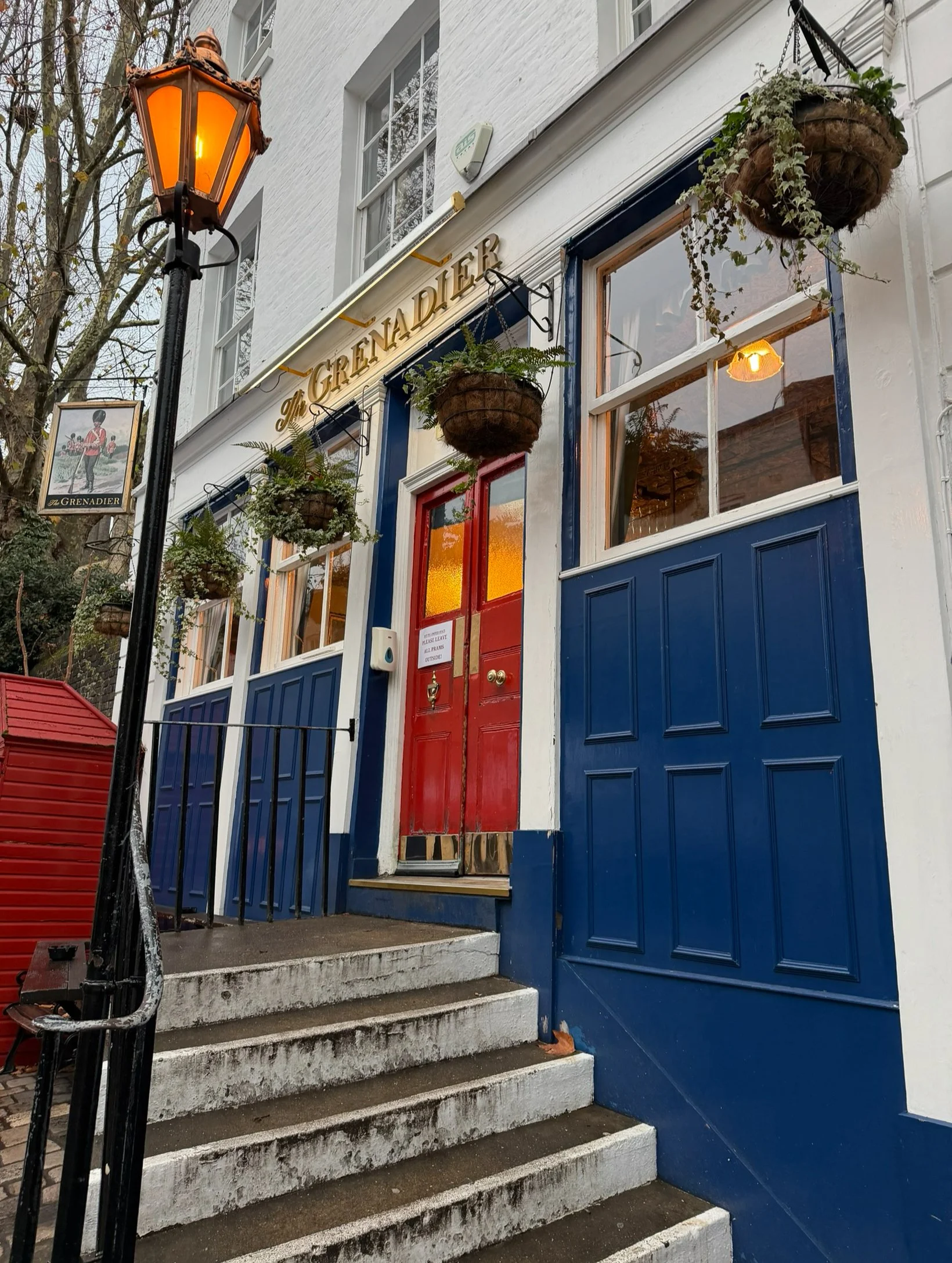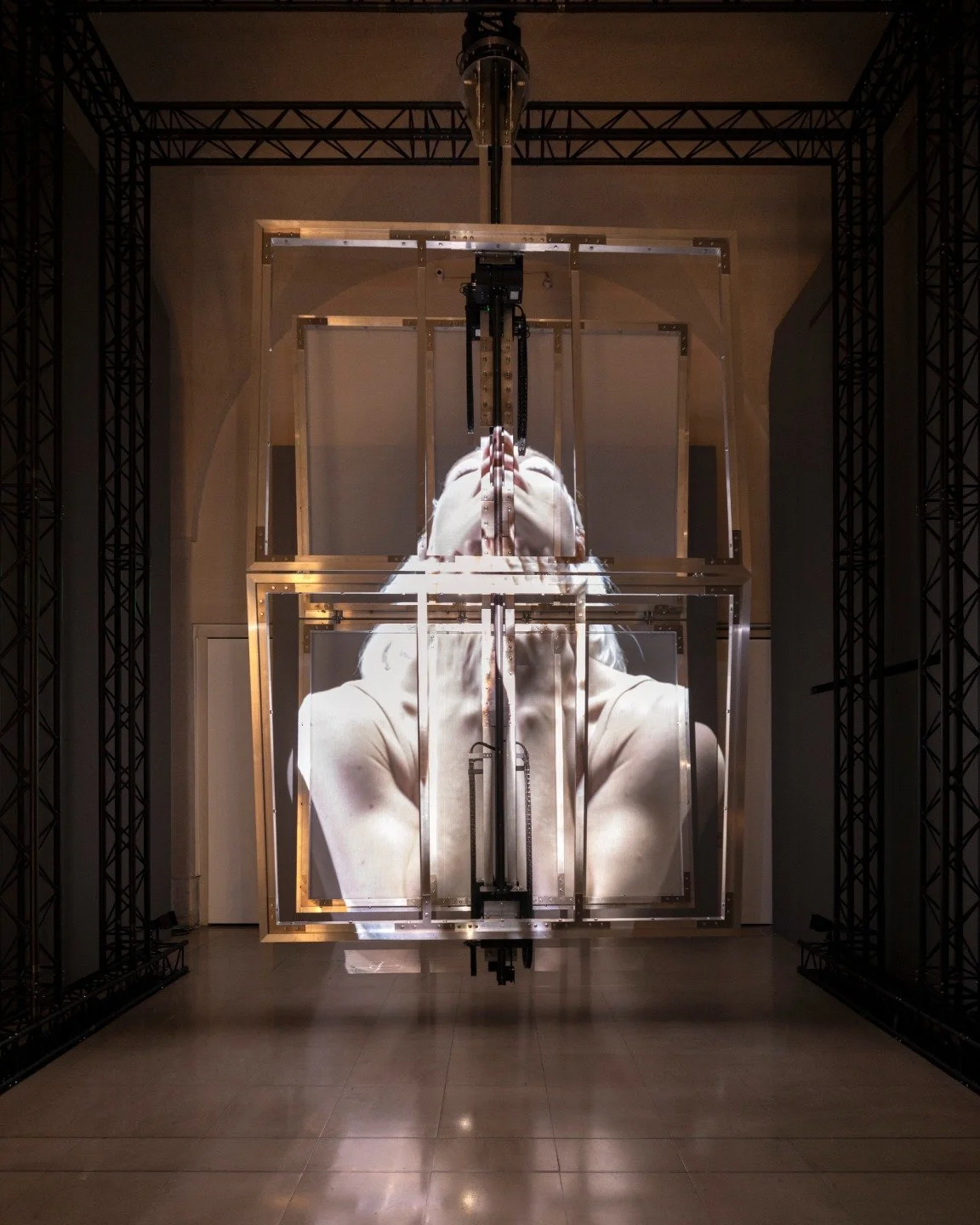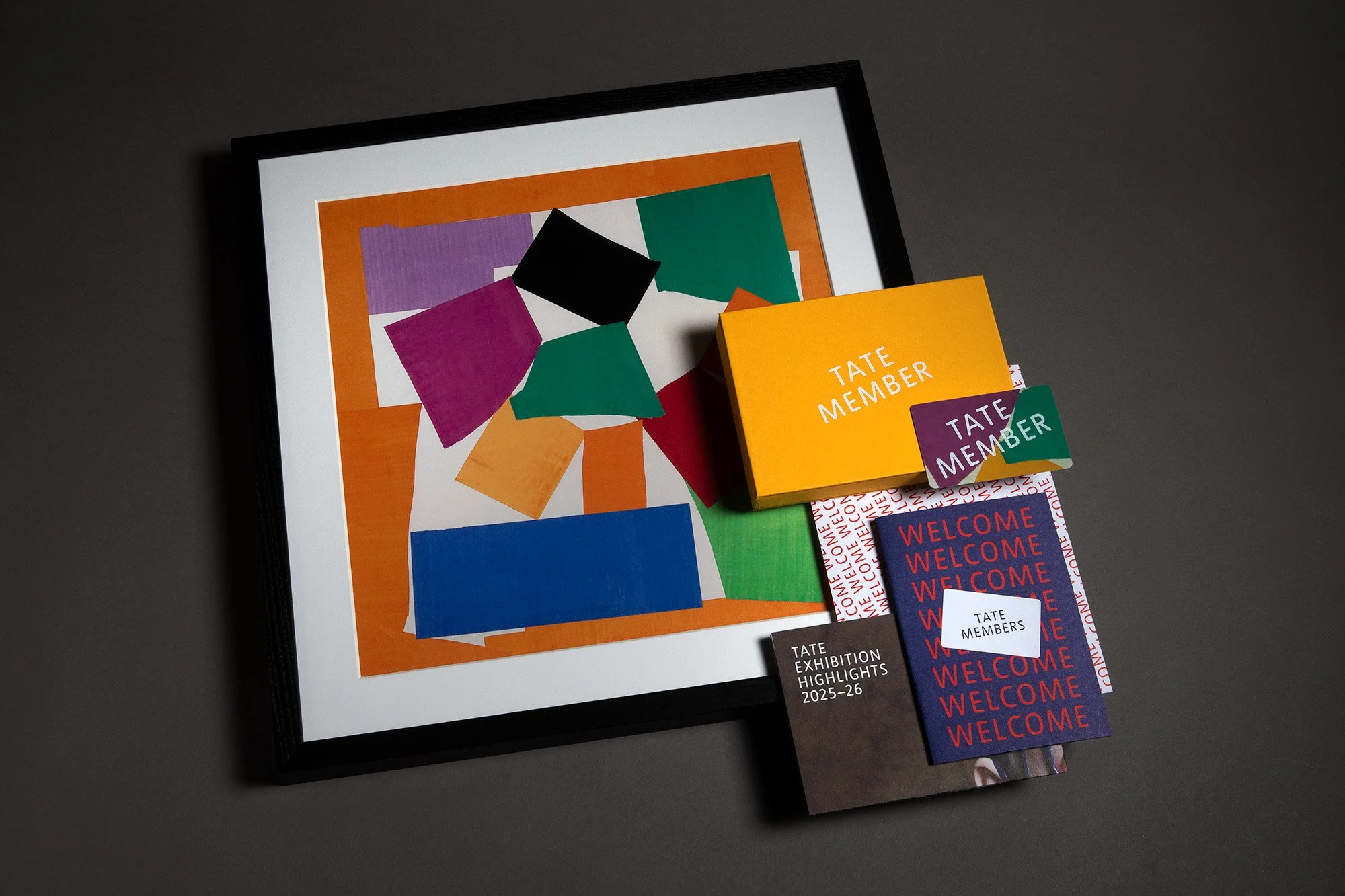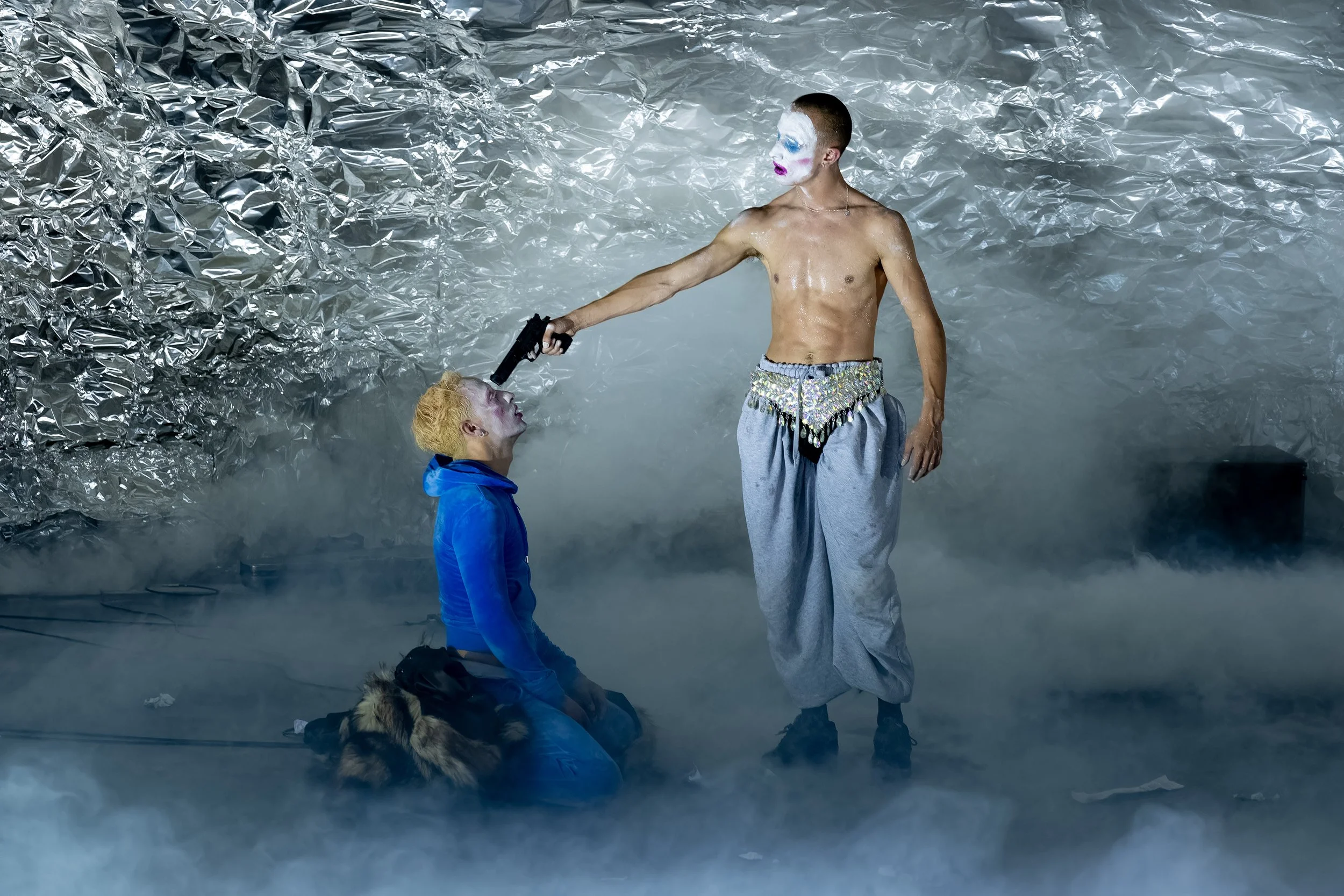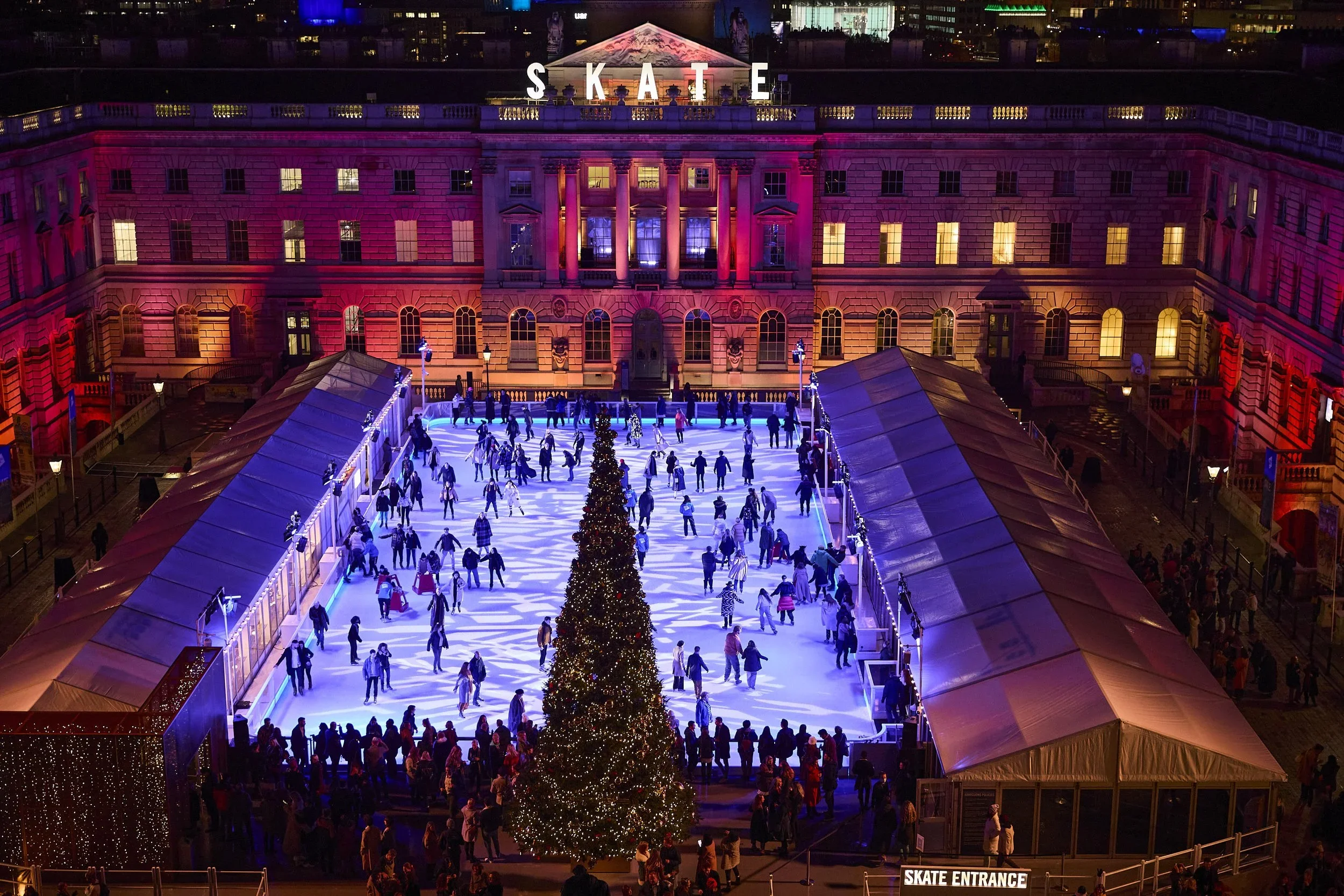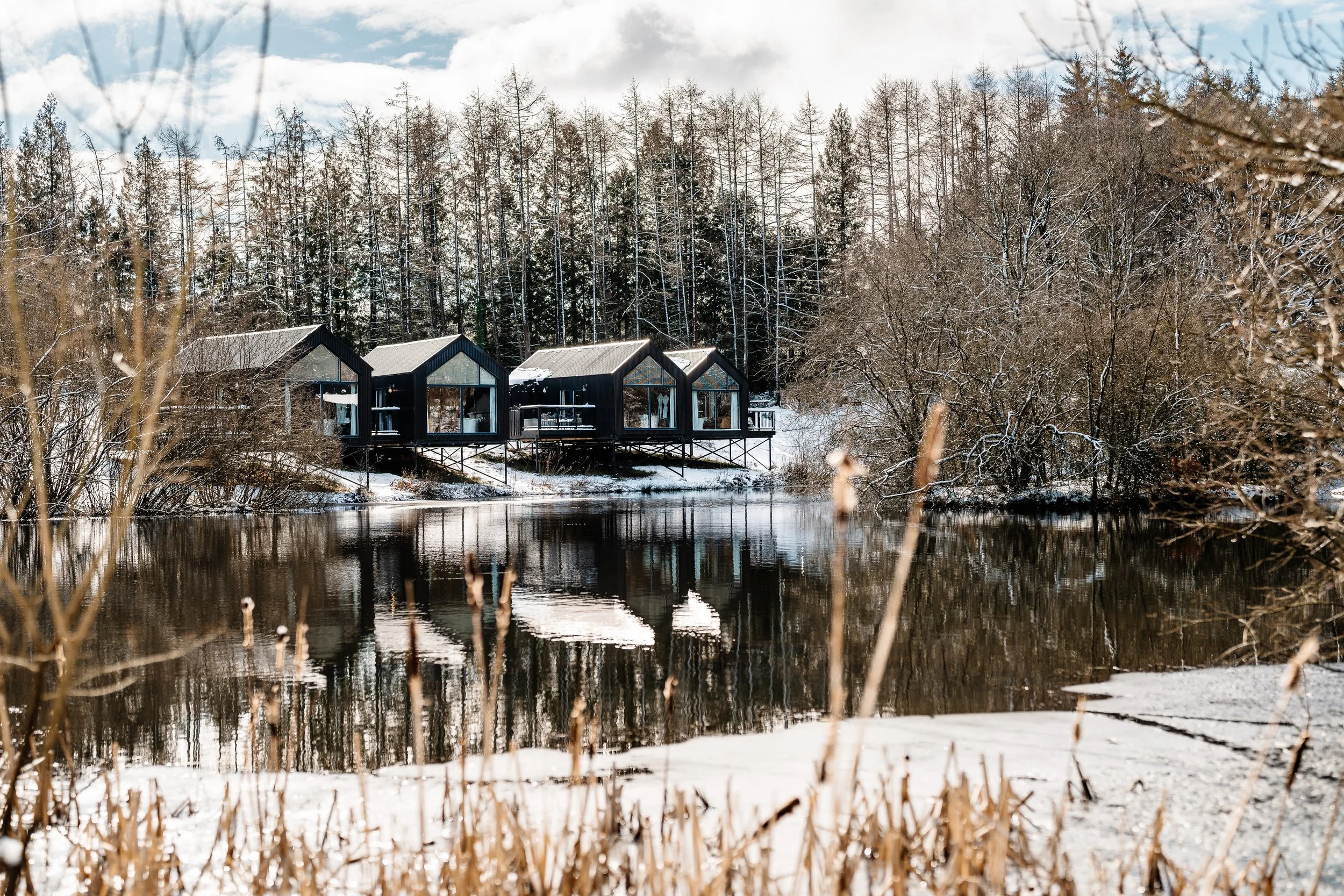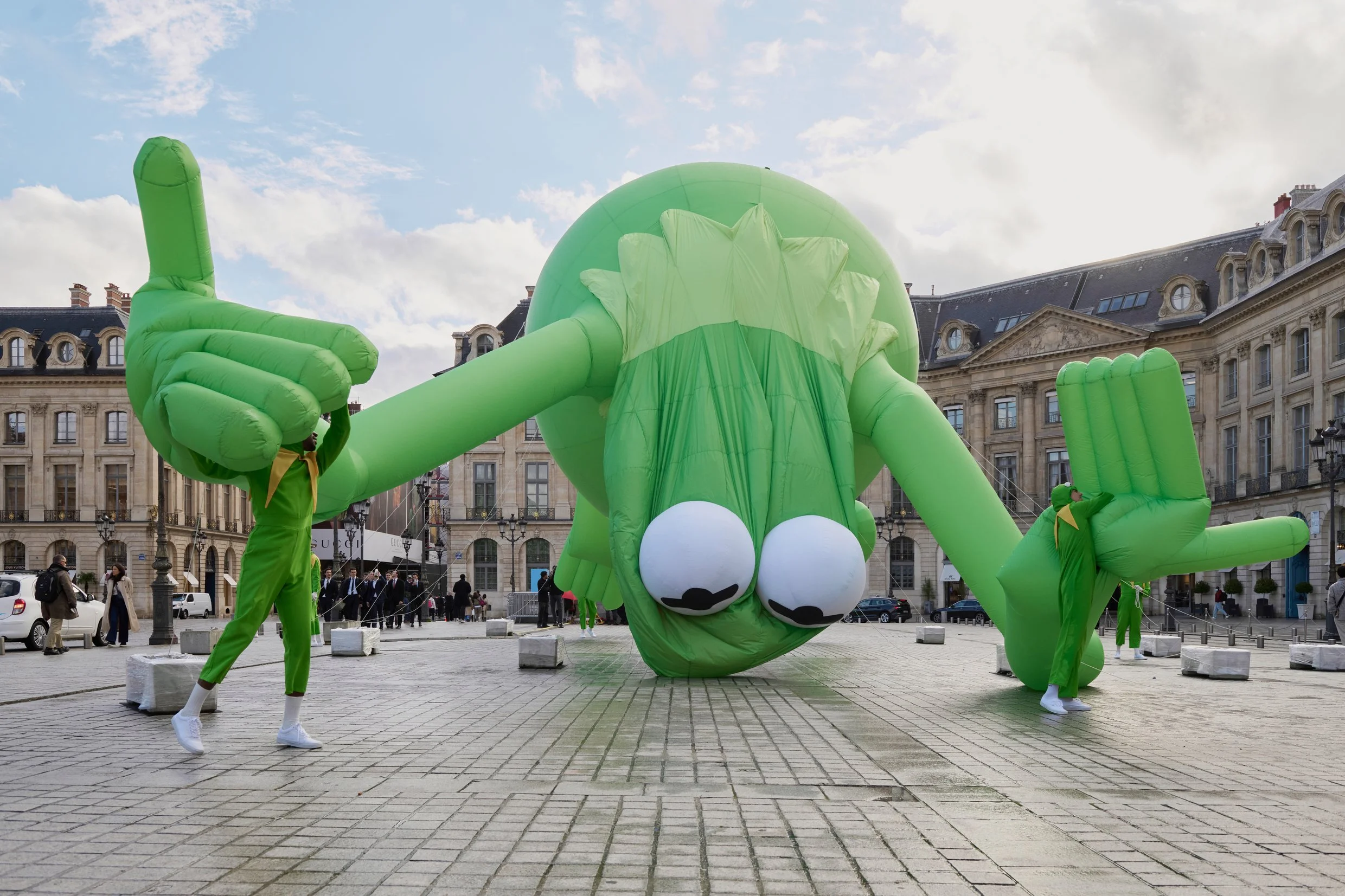Finding wellness: the many paths to relaxation in a hectic world
In today’s fast-paced, always-connected world, the importance of relaxation and mental wellness has never been greater. As stress levels continue to rise due to work, digital overload, and global uncertainty, people are turning to various techniques and activities to find balance and clarity.
Whether it’s through ancient practices like deep breathing, cultural experiences like art appreciation, or modern outlets like digital gaming, relaxation can take many forms — and it plays a vital role in our overall health.
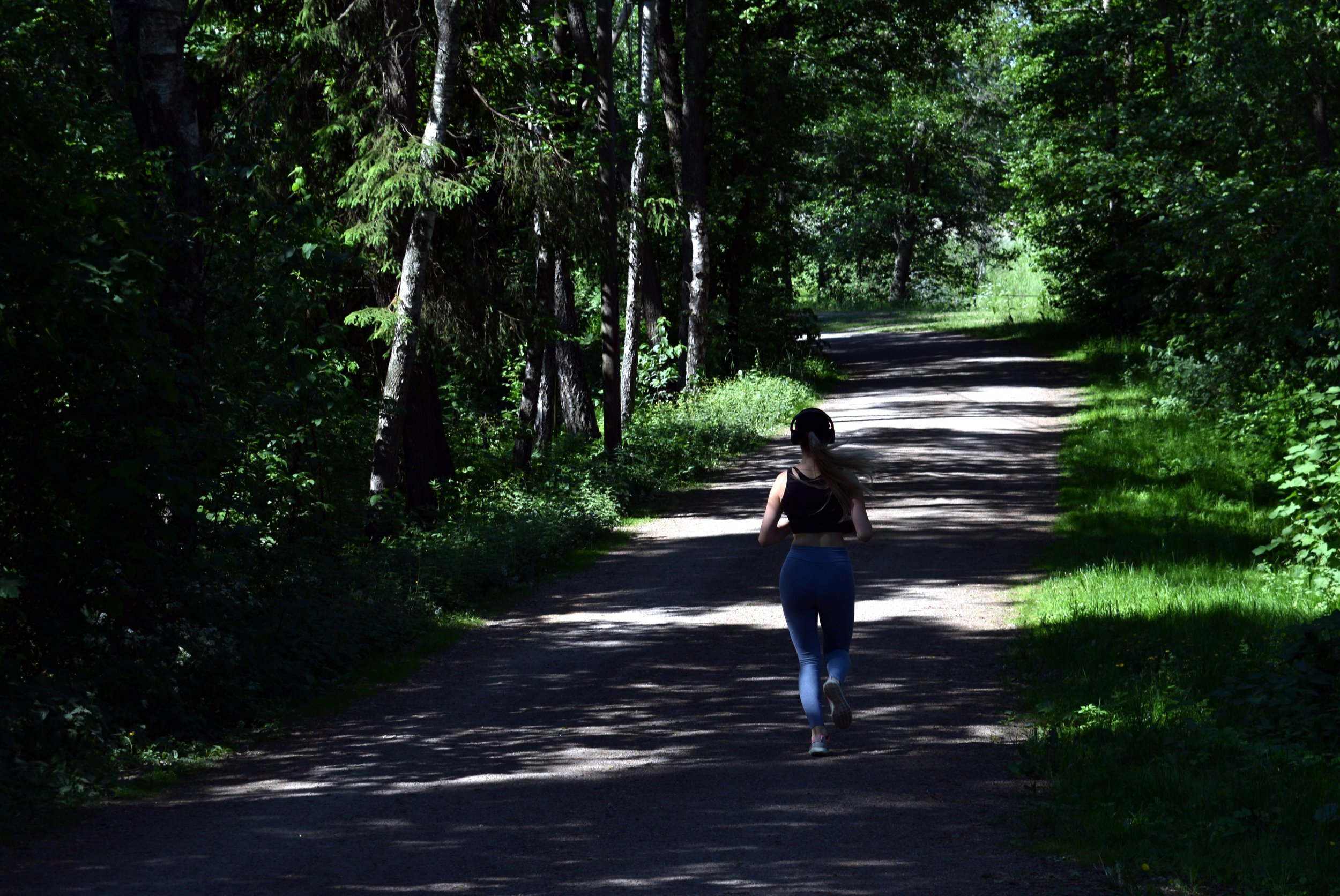
Traditional ways to unwind
Time-tested techniques like deep breathing and progressive muscle relaxation remain some of the simplest and most effective ways to calm the mind and body. These methods are accessible to nearly everyone and can be done from the comfort of home.
The NHS recommends basic breathing exercises as a tool to manage stress and anxiety. Taking slow, measured breaths can help slow the heart rate and signal the body to relax — especially during high-stress situations.
Another classic method is mindfulness meditation, which has grown in popularity over recent years. By focusing attention on the present moment, people can learn to reduce their mental clutter, improve concentration, and even sleep better.
The power of art
Art offers a unique form of therapy. Visiting museums or galleries provides not only visual stimulation but also a sense of calm and escape. A recent UK study by the Art Fund found that 63% of adults said visiting museums helped them de-stress. It’s not hard to see why — walking through quiet spaces surrounded by thought-provoking pieces creates an atmosphere perfect for introspection.
Institutions like the Manchester Art Gallery have even introduced dedicated mindfulness tours and quiet hours, encouraging people to slow down and absorb the art around them. It’s a reminder that relaxation doesn’t always mean tuning out — sometimes, tuning in can be just as healing.
Moving the body, calming the mind
Gentle forms of exercise such as yoga and tai chi are widely recognised for their dual benefits of movement and mindfulness. These practices integrate breath control, physical flow, and mental awareness, helping reduce tension both mentally and physically.
Even a walk through a park or forest can work wonders. Known as “green therapy”, spending time in nature is linked with lower cortisol levels, improved mood, and greater feelings of peace.
Gaming and digital play
Digital entertainment has become an increasingly popular way to unwind. For many, engaging in a game — whether it’s a puzzle, a simulation, or a role-playing adventure — provides a welcome mental break from everyday stresses. Gaming allows individuals to immerse themselves in different worlds, helping them relax, exercise creativity, and enter a focused, almost meditative state.
Gaming can be particularly helpful when used mindfully. It’s not about escaping reality entirely, but rather giving the brain a form of active rest. One example of this is Pragmatic Games, which offers a wide variety of gaming experiences that people often enjoy in a relaxed, leisurely setting.
Wellness retreats
For those seeking a deeper level of relaxation, wellness retreats offer an immersive opportunity to reconnect with oneself. These retreats typically combine physical activities like yoga, meditation, and spa treatments with nutrition, mental wellness workshops, and nature immersion. Located in serene, often secluded environments, these retreats provide the perfect setting to reset and rejuvenate.
Whether it’s a weekend getaway in the countryside or an extended retreat abroad, wellness retreats are designed to help individuals decompress, improve mental clarity, and find balance. Many wellness resorts focus on a holistic approach, offering treatments and experiences that nurture both body and mind, leaving guests feeling refreshed and revitalised.
Discover a guide to some of the artist talks, as well as curator- and architecture-led discussions, to be on your radar in London in early 2026…
This week in London, not-to-miss events include the T.S. Eliot Prize Shortlist Readings, the final performances of David Eldridge’s End, the return of Condo London, new exhibitions, classical concerts, a film release, creative workshops, wellness sessions, and a standout food opening in Covent Garden with Dim Sum Library…
Plant-based cooking gets the Le Cordon Bleu treatment in a new series of London short courses…
January is your final opportunity to catch some of London’s most exciting and talked-about exhibitions of 2025. Spanning fashion, photography, contemporary sculpture and multimedia, a diverse range of shows are drawing to a close across the city…
As the new year begins, London’s cultural calendar quickly gathers momentum, offering a packed programme of exhibitions, festivals, performances and seasonal experiences throughout January. Here is our guide to things you can do in London in January 2026…
Condo London returns in January 2026 as a city‑wide, collaborative art programme unfolding across 50 galleries in 23 venues throughout the capital, from West London and Soho to South and East London. This initiative rethinks how contemporary art is shown and shared, inviting London galleries to host international…
The Southbank Centre has announced Classical Mixtape: A Live Takeover, a one-night-only, multi-venue event taking place in February 2026, bringing together more than 200 musicians from six orchestras across its riverside site…
This week in London features late-night Christmas shopping on Columbia Road, festive wreath-making workshops, live Brazilian jazz, mince pie cruises, theatre performances, art exhibitions, a Christmas disco, and volunteering opportunities with The Salvation Army.
Discover London’s unmissable 2026 fashion exhibitions, from over 200 pieces of the late Queen’s wardrobe at The King’s Gallery to the V&A’s showcase of Elsa Schiaparelli’s avant-garde designs and artistic collaborations…
Marking her largest UK project to date, Sedira’s work will respond to the unique architectural and historical context of the iconic Duveen Galleries, offering audiences an experience that merges the political, poetic, and personal…
This week in London, enjoy festive events including Carols at the Royal Albert Hall, LSO concerts, designer charity pop-ups, late-night shopping, art exhibitions, film screenings, foodie experiences, last-chance shows, and volunteer opportunities across the city…
Explore Belgravia this Christmas with a festive pub crawl through London’s most charming historic pubs, from The Grenadier’s cosy mews hideaway to The Nags Head’s quirky classic tavern…
From the joys of Christmas at Kew to the lively Smithfield meat auction, and from major concerts and ballets to intimate workshops and family-friendly trails, the city offers an extraordinary mix of experiences. This guide brings together the very best of Christmas in London…
This guide highlights some of the must-see art exhibitions to visit over the festive period in London, including the days between Christmas and New Year’s. From major retrospectives of international masters such as Kerry James Marshall, Wayne Thiebaud, and Anna Ancher, to engaging contemporary works by Danielle Brathwaite-Shirley, Jennie Baptiste, and Tanoa Sasraku…
London’s cultural scene, a gallery or museum membership is the perfect alternative to another pair of socks. From unlimited access to exhibitions and exclusive events to discounts in shops and cafés, these memberships offer experiences that can be enjoyed throughout the year, while also supporting the vital work of arts organisations…
Your guide to London’s can’t-miss events this week, 17–23 November 2025, from Cabaret Voltaire live at ICA to Ballet Shoes at the National Theatre and The Evolution of UK Jazz at the Barbican…
Charlotte Winifred Guérard is a London-based artist and recent graduate of the Royal Academy of Arts School, where she was recognised as a Paul Smith’s Foundation scholar for her artistic achievement. Her work has been exhibited at the Royal Academy, Coleman Project Space, Fitzrovia Gallery, Messums and Palmer Gallery, and she has completed prestigious residencies including…
This week in London, you can enjoy festive ice skating, Christmas lights, jazz and classical concerts, and a range of art exhibitions. Highlights include Skate at Somerset House, Christmas at Kew, the EFG Jazz Festival, and the Taylor Wessing Photo Portrait Prize 2025…
From the 6th to the 9th of November, the leading West African art fair Art X Lagos celebrates its 10th birthday at the Federal Palace on Victoria Island. Founded by Tokini Peterside-Schwebig in 2016, the fair has become an unmissable event in the global art calendar, attracting galleries from over 70 countries and participants from 170 countries since its launch…
If you’re after something bold, queer and completely uncategorisable this November, you need to know about KUNSTY, the Southbank Centre’s brand new four day performance series running from 5-8 November 2025…
London’s most beloved Christmas activity is back. As festive cheer returns to the city, with twinkling lights and the scent of mulled wine drifting through the air, for many Londoners and visitors from further afield, nothing quite captures the spirit of the city at Christmas like strapping on a pair of skates and stepping onto the ice…
As the crisp autumn air settles over London, the iconic gardens of Berkeley Square are once again hosting one of the most anticipated gatherings in the art and antiques world: the LAPADA Fair 2025, running from 28 October to 2 November…
November is a lively time to be in London, with the festive season in full swing and the city buzzing with events. From skating at Somerset House to Christmas lights switch-ons and festive markets like the Southbank Centre Winter Market, there are plenty of ways to embrace the holiday spirit. Beyond the seasonal festivities, London’s cultural calendar is brimming with art, music, and performance…
As far as weekend getaways go, this 70-acre estate offers a peaceful country escape with all the best elements of a traditional hotel experience. Staffordshire, arguably, is not yet on the map for luxury and leisure but set in the heart of the beautiful Staffordshire Moorlands, The Tawny surely is a beacon of things to come…
Art Basel Paris returns to the Grand Palais for its second edition from 24–26 October 2025, bringing together 206 leading galleries from 41 countries and territories. Below is our guide to seven artists not to miss at this year’s edition, each presenting distinctive work through their galleries…
Art Basel Paris 2025’s Public Programme turns the city into a stage for contemporary art, placing bold, large-scale works in streets, courtyards, and cultural landmarks - all free to visit. From a dreamy opera of 30 surreal figures at Palais d’Iéna to a colossal Kermit the Frog balloon looming over Place Vendôme, here is our guide to five standout works from the Art Basel Public Programme that you simply cannot miss…
Frieze London 2025 returns to Regent’s Park with a dynamic mix of emerging and established galleries, reaffirming the city’s creative pulse. Highlights include Esther Schipper’s dreamlike works by Sarah Buckner, Gagosian’s vibrant installation by Lauren Halsey, and Pace’s meditative paintings by William Monk. From Do Ho Suh’s ethereal fabric architectures at Lehmann Maupin…
Paris launches into its own spectacular celebration of art each October, transforming the city into a hub for collectors, curators, and cultural enthusiasts. From the grandeur of Art Basel Paris at the newly renovated Grand Palais to the focused energy of Paris Internationale, OFFSCREEN, AKAA and Menart, each fair contributes something unique to the city’s vibrant art scene.
British Ceramics Biennial is back and better than ever. Running until 19 October 2025, the dynamic programme of free exhibitions, screenings, talks and events is proving a hit with both locals and critics…and just an hour and a half’s train away from London, it’s well worth a day trip…


